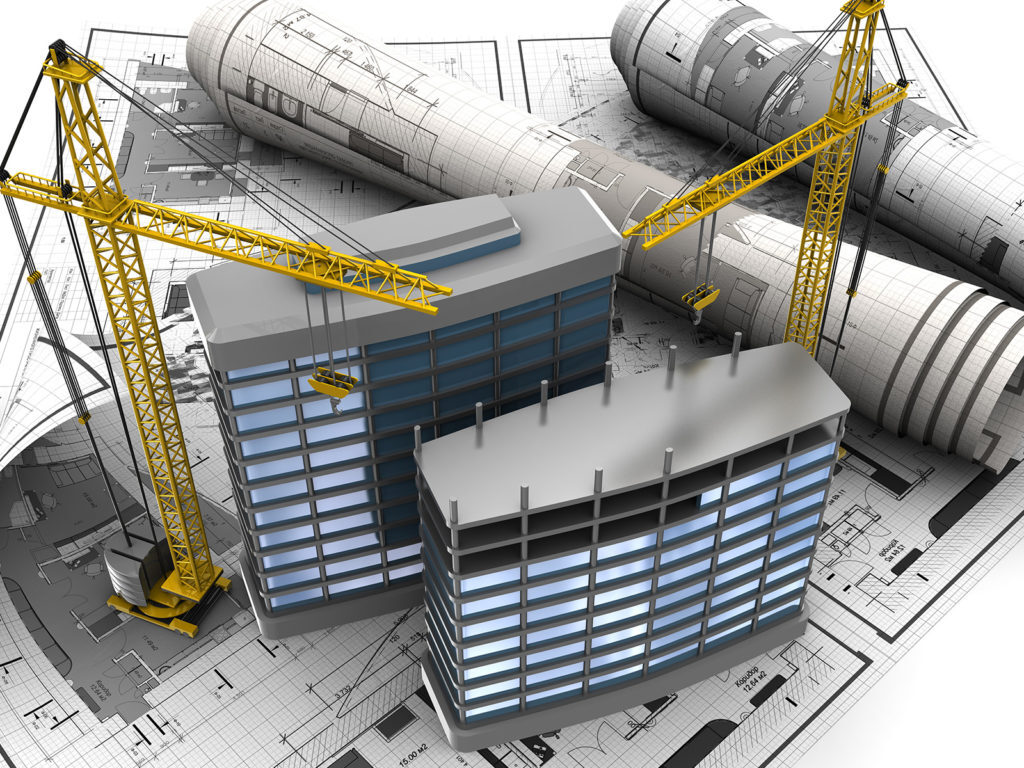In the realm of construction and architectural design, the integration of Building Information Modeling (BIM) has revolutionized the way buildings are conceptualized, designed, and constructed. Leveraging highly skilled BIM implementation services has emerged as a pivotal factor in streamlining construction processes and achieving superior building outcomes.
Understanding the Role of BIM Integration Services
Highly skilled BIM implementation services facilitate seamless collaboration among architects, engineers, contractors, and stakeholders. This coordination ensures that every aspect of the building design and construction process is meticulously planned and executed. BIM integration services enable the creation of intricate 3D models with precise measurements and detailed representations of building components. This precision enhances efficiency and minimizes errors during the design phase. Utilizing BIM data, skilled integration services empower decision-makers with insightful information. This data-driven approach aids in making informed decisions throughout the building lifecycle.
The Impact of Skilled BIM Integration on Building Processes
Highly skilled BIM integration streamlines construction workflows by optimizing resource allocation, reducing waste, and minimizing rework. This efficiency translates to cost savings and accelerated project timelines. BIM integration services with skilled professionals allow for efficient clash detection. Early identification and resolution of clashes among building elements minimize on-site errors and risks, ensuring smoother construction processes. The detailed 3D models created by skilled BIM integration services provide stakeholders with a clear visualization of the final building structure. This visualization aids in better understanding and decision-making at every stage of the project.
Implementing Highly Skilled BIM Integration Services
Companies providing BIM implementation services prioritize continuous training and expertise development. Skilled professionals are well-versed in the latest BIM tools and methodologies, ensuring optimal utilization. Highly skilled BIM integration services offer customized solutions tailored to the specific needs of each project. This personalized approach ensures that BIM strategies align with project goals and requirements. Skilled BIM integration services adhere to industry standards and best practices, ensuring compliance and quality assurance throughout the building process. This adherence guarantees reliability and excellence in project delivery.
The Future of Building Improvement with Skilled BIM Integration
The future of building improvement lies in the integration of BIM with emerging technologies. Skilled integration services are exploring AI, It, and other innovations to further enhance BIM’s capabilities. Skilled BIM integration services focus on incorporating sustainable practices into building design. This includes optimizing energy efficiency, reducing environmental impact, and promoting green building principles.
The Advantages of Skilled BIM Integration Services
Highly skilled BIM implementation services foster improved communication among project stakeholders. Their proficiency in BIM tools ensures effective collaboration, facilitating better coordination and information sharing. The meticulous approach of skilled BIM integration services significantly reduces the likelihood of errors during the design and construction phases. This reduction in errors translates to substantial time and cost savings by minimizing rework and modifications. Utilizing BIM data, skilled integration services simulate construction processes, identifying potential safety hazards. This proactive approach enables the implementation of safety measures, mitigating risks on-site.
Strategic Decision-Making Empowered by BIM
Highly skilled BIM integration services leverage predictive analysis to assess risks associated with design choices and construction plans. These insights empower decision-makers to proactively address potential issues. Through data-driven analytics, skilled BIM integration services optimize resource allocation. They provide insights into material quantities, labor requirements, and project timelines, ensuring efficient resource management. BIM integration services with skilled professionals enable adaptive design changes throughout the project lifecycle. This flexibility allows for adjustments in response to evolving project needs or unforeseen circumstances.
The Evolving Landscape of BIM Integration
Highly skilled BIM integration services continuously explore innovative visualization technologies. These advancements enhance the presentation of building models, facilitating clearer and more immersive visualizations. The future of BIM integration services revolves around collaborative platforms. Skilled professionals are embracing integration with other software and platforms, enabling seamless data exchange across different systems. The integration of AI and machine learning into BIM processes is on the horizon. Skilled BIM integration services are exploring these integrations to enhance predictive capabilities and automate certain design aspects.
The Role of Skilled BIM Integration in Sustainability
Skilled BIM implementation services are champions of green building practices. They leverage BIM tools to optimize energy consumption, material selection, and waste reduction, aligning projects with sustainability goals. By integrating BIM data, skilled services enable efficient lifecycle management. This includes predictive maintenance strategies, ensuring buildings operate optimally post-construction.
Conclusion
Highly skilled BIM implementation services are the cornerstone of modern building improvement. Their impact on collaboration, efficiency, risk mitigation, and future innovations signifies their crucial role in achieving superior building outcomes. ENGISOFT ENGINEERING – BIM Staffing & BIM Services the highly skilled BIM integration services in improving building processes, emphasizing their impact on collaboration, efficiency, risk reduction, and their role in shaping the future of building design and construction.

